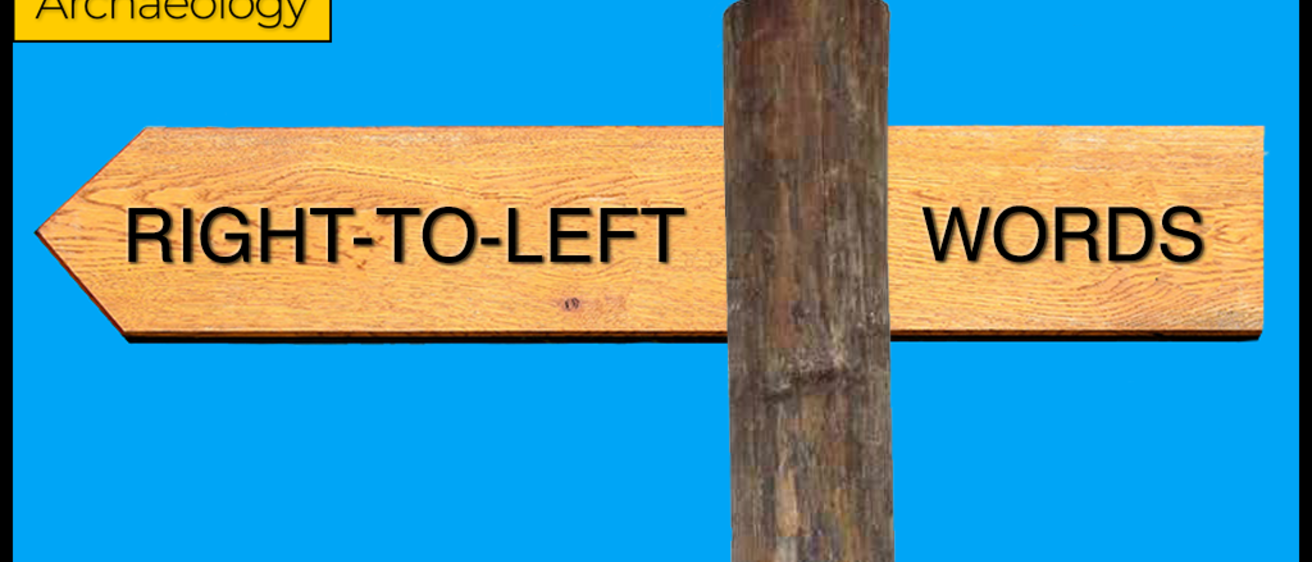The Hebrew word מצה (matzāh) means "unleavened bread." Exodus 12 describes the Passover feast, which is to serve as an act of remembrance of the Exodus from Egypt. Exodus 12:8 describes the essential elements of the Passover seder, or ritual meal: "They shall eat the lamb that same night; they shall eat it roasted over the fire with unleavened bread (ומצות) and bitter herbs." In the haste of the Exodus, the Israelites made unleavened bread. The lack of yeast, or leaven, meant there was no need to wait for the bread to rise; Exodus 12:39 states: "They baked unleavened (מצות) cakes of the dough that they had brought out of Egypt; it was not leavened, because they were driven out of Egypt and could not wait, nor had they prepared any provisions for themselves." The purpose of the festival of unleavened bread, which lasts for seven days, is to serve as an annual reminder of the deliverance as Exodus 12:17 states: "You shall observe the festival of unleavened bread (המצות), for on this very day I brought your companies out of the land of Egypt: you shall observe this day throughout your generations as a perpetual ordinance."
Tuesday, April 19, 2022
